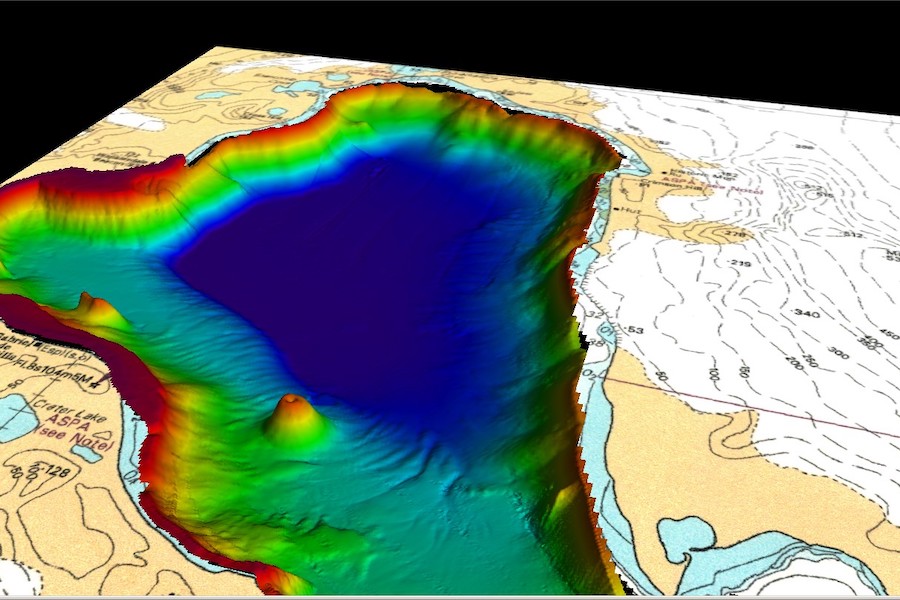
Top photo From left to right: Thomas de Brouwer, Member of the YCM Management Committee, Bernard d’Alessandri, YCM Secretary General Jamie McMichael-Phillips, Project Director ‘The Nippon Foundation-GEBCO Seabed 2030, HE Giulio Alaimo, Ambassador of Italy Rear Admiral Luigi Sinapi, Director of the International Hydrographic Organization, Mrs. Councillor of Government-Minister of Equipment, Environment and Urbanism, Alfredo Giacon, explorer and journalist, Frédéric Genta, Interministerial Delegate for Attractiveness and Digital Transition, Olivier Wenden, Vice-President of the Albert II of Monaco Foundation Claudia Batthyany, Project Manager – Monaco Capital of Advanced Yachting, and Michele Florentino, collaborator and philanthropist
